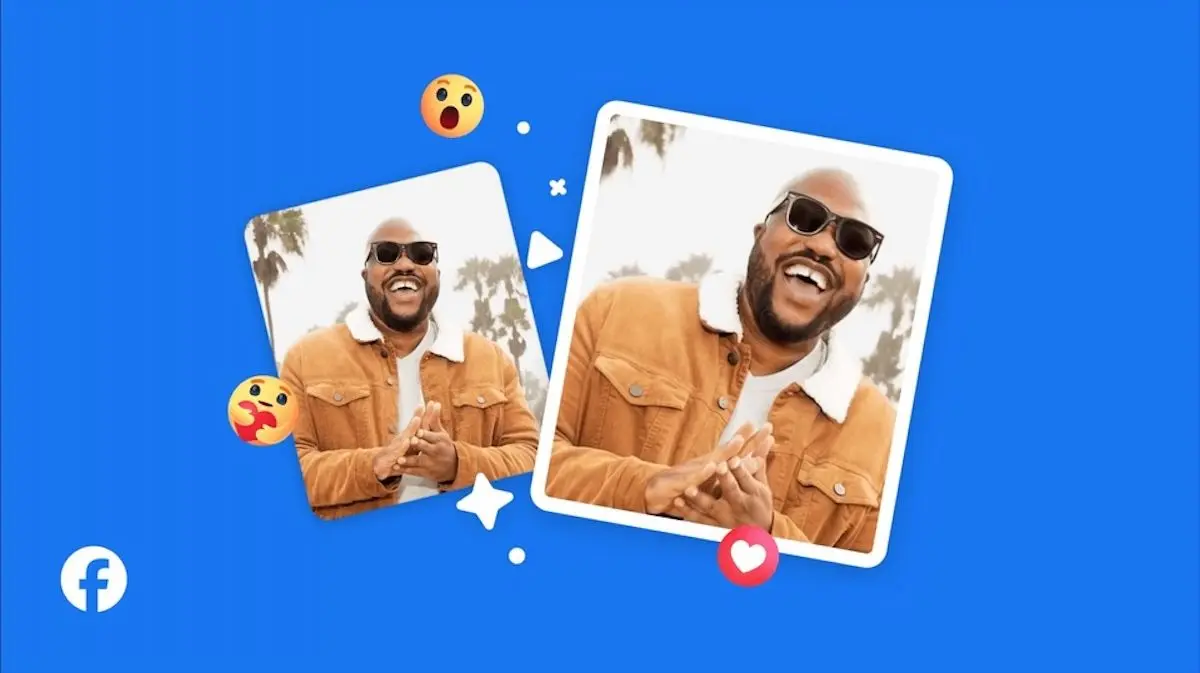Replika CEO Embraces AI-Human Relationships, Sparking Debate on Digital Companionship
2 Sources
2 Sources
[1]
Replika CEO: It's Fine for Lonely People to Marry Their AI Chatbots
Replika has long garnered a reputation for allowing users to create AI partners, fulfilling their needs not only on an emotional level, but a sexual one, too. The AI chatbot company has a massive user base of millions of users, offering up a bandaid fix for a loneliness crisis that deepened during the COVID-19 pandemic. And it shouldn't come as a surprise that its founder and CEO Eugenia Kuyda is convinced that her company's AI chatbots could be a powerful tool to build new friendships or even provide emotional support. In a recent interview with The Verge, Kuyda pointed out that some users may go as far as marrying their AI companion, a process that presumably foregoes the usual exchange of rings or real-world celebration. When asked if we should be okay with that, the CEO had an interesting answer. "I think it's alright as long as it's making you happier in the long run," Kyuda told The Verge. "As long as your emotional well-being is improving, you are less lonely, you are happier, you feel more connected to other people, then yes, it's okay." "For most people, they understand that it's not a real person," she added. "It's not a real being. For a lot of people, it's just a fantasy they play out for some time and then it's over." Replika has already been embroiled in a number of controversies, from horny AI chatbots sexually harassing human users, to men creating AI girlfriends and verbally abusing them. In early 2023, the company disabled its companions' ability to respond to sexual cues, leading to widespread outrage. Just over a month later, Kuyda confirmed that Replika had capitulated and was rolling back to a previous software update, effectively reinstating the ability to have sexually charged conversations. The incident highlighted just how attached the company's users were to their virtual companions. It's a crystal clear dystopian glimpse at what relationships could look like -- or already look like -- in the age of AI. In other words, there are plenty of users who don't fully "understand that it's not a real person." If they do, they're not internalizing it. To Kuyda, however, the app serves mostly as a "stepping stone." In her interview with The Verge, she recalled a user who went through a "pretty hard divorce," only to find a new "romantic AI companion" on Replika. The chatbot eventually inspired him to get a human girlfriend. "Replika is a relationship that you can have to then get to a real relationship, whether it's because you're going through a hard time," she told the publication, "like in this case, through a very complicated divorce, or you just need a little help to get out of your bubble or need to accept yourself and put yourself out there." Whether the experience will be representative of everybody using the app remains unclear at best. And it's not just men -- women are increasingly looking for connection by starting relationships with chatbots, as Axios reports. But are chatbots a healthy, effective answer to feelings of rejection and garden-variety loneliness -- a truly dangerous epidemic in and of itself -- or are they simply treating the symptoms without providing a cure? For now, the science remains divided. Stanford University researchers, for instance, find that many Replika users claimed their chatbot had deterred them from committing suicide. On the other hand, an intimate, long-term relationship with an AI chatbot could further alienate users from the real thing, experts argue, compounding mental health struggles and/or difficulties in connecting with others. In short, by marrying our AI chatbot companions, we may end up even lonelier than we were to begin with. Besides, Replika is a private company run by people intending to maximize profits -- there's no guarantee your virtual spouse will be around forever. And Kuyda seems to be well aware of the risks of having her company's user base get too attached. Kuyda told The Verge that Replika is "moving further away from even talking about romance when talking about our app," claiming that "we're definitely not building romance-based chatbots." But given the many stories we've heard from the company's many users, the reality looks quite different -- a strange contrast between the company's motives, and the services it actually provides.
[2]
Replika CEO Eugenia Kuyda says the future of AI might mean friendship and marriage with chatbots
Replika's basic pitch is pretty simple: what if you had an AI friend? The company offers avatars you can curate to your liking that basically pretend to be human, so they can be your friend, your therapist, or even your date. You can interact with these avatars through a familiar chatbot interface, as well as make video calls with them and even see them in virtual and augmented reality. The idea for Replika came from a personal tragedy: almost a decade ago, a friend of Eugenia's died, and she fed their email and text conversations into a rudimentary language model to resurrect that friend as a chatbot. Casey Newton wrote an excellent feature about this for The Verge back in 2015; we'll link it in the show notes. Even back then, that story grappled with some of the big themes you'll hear Eugenia and I talk about today: what does it mean to have a friend inside the computer?
Share
Share
Copy Link
Eugenia Kuyda, CEO of Replika, expresses openness to AI-human marriages. This stance raises questions about the future of relationships and the ethical implications of emotional bonds with AI.

Replika CEO's Controversial Stance on AI-Human Relationships
Eugenia Kuyda, the CEO of AI chatbot company Replika, has stirred controversy by expressing her openness to the idea of humans marrying AI chatbots. In a recent interview, Kuyda stated that she would be "totally fine" with people choosing to marry their AI companions, highlighting the evolving nature of human-AI interactions
1
.The Evolution of Replika
Replika, founded by Kuyda, began as a project to recreate her deceased friend through AI. It has since evolved into a popular AI companion app, boasting millions of users worldwide. The platform allows users to create personalized AI chatbots that can engage in conversations, offer emotional support, and even simulate romantic relationships
2
.Ethical Implications and Societal Impact
Kuyda's stance raises significant questions about the ethical implications of forming deep emotional bonds with AI entities. Critics argue that such relationships could lead to social isolation and a detachment from reality. However, proponents suggest that AI companions could provide support for individuals struggling with loneliness or social anxiety
1
.The Role of AI in Human Relationships
The CEO's comments have reignited debates about the role of AI in human relationships. While some users report forming strong emotional connections with their Replika chatbots, others express concerns about the potential for AI to replace human-to-human interactions
2
.Legal and Social Challenges
The concept of AI-human marriages presents numerous legal and social challenges. Current legal frameworks do not account for unions between humans and AI entities, raising questions about rights, responsibilities, and the very definition of marriage
1
.Related Stories
The Future of AI Companionship
As AI technology continues to advance, the line between human and artificial intelligence may become increasingly blurred. Kuyda's vision for Replika suggests a future where AI companions could play a more significant role in people's lives, potentially reshaping societal norms and interpersonal relationships
2
.Public Reaction and Ongoing Debate
The public reaction to Kuyda's statements has been mixed, with some applauding the progressive stance and others expressing concern about the potential consequences. This ongoing debate reflects broader societal anxieties about the increasing integration of AI into daily life and its impact on human connections
1
.References
Summarized by
Navi
Related Stories
Millions Form Emotional Bonds With AI Chatbots as Human-AI Relationships Reshape Intimacy
30 Dec 2025•Entertainment and Society

The Rise of AI Romantic Relationships: MIT Study Reveals Unexpected Bonds and Potential Risks
19 Sept 2025•Science and Research

Japanese Startup Revolutionizes Dating with AI Companions
14 Jul 2024

Recent Highlights
1
French Police Raid X Office as Grok Investigation Expands to Include Holocaust Denial Claims
Policy and Regulation

2
Anthropic releases Claude Opus 4.6 as AI model advances rattle software stocks and cybersecurity
Technology

3
OpenAI launches Codex MacOS app with GPT-5.3 model to challenge Claude Code dominance
Technology





